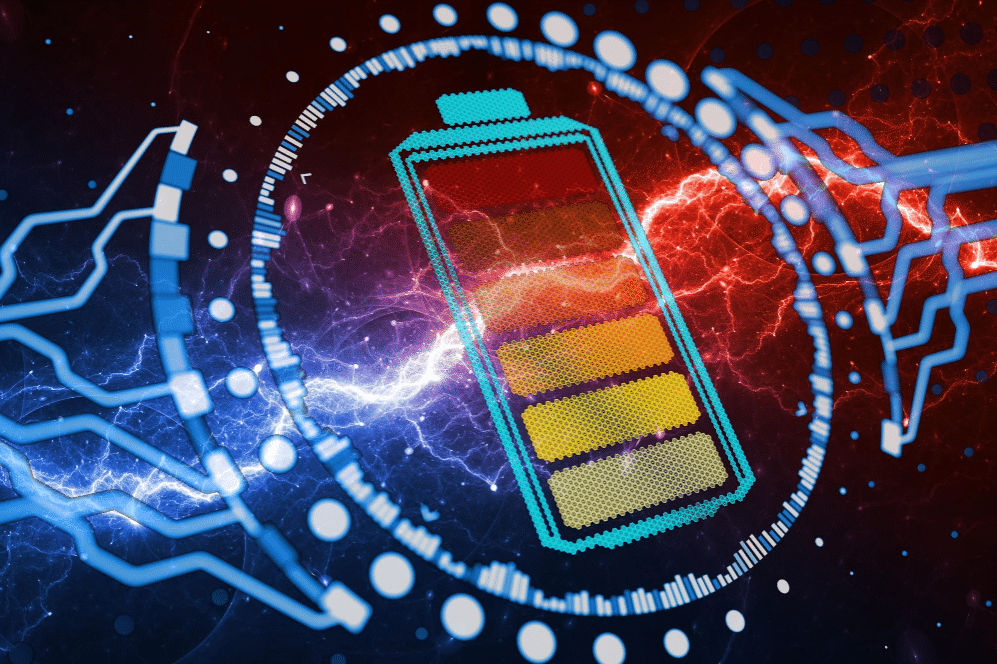Artificial intelligence continues to demonstrate its potential for tremendous good by accelerating solutions to global issues. A recent example is Microsoft’s partnership with the Department of Energy’s Pacific Northwest National Laboratory (PNNL). By applying AI technology to screen over 32 million material candidates, they discovered and synthesized a completely new substance that shows great promise as a battery material.
This new material was successfully tested in a prototype battery earlier this year. If further testing pans out, it could reduce reliance on scarce lithium supplies in batteries by up to 70 percent. This would have widespread economic, safety, and environmental benefits as lithium ion batteries power most rechargeable electronics we use daily from phones to toothbrushes.
However, supplies of lithium and other key battery materials are limited. As PNNL Group Leader Vijay Murugesan noted, “One of the main thrusts of our work at PNNL has been identifying new materials for increased energy storage needs of the future; ones made with sustainable materials that conserve and protect the Earth’s limited resources.” By using AI to discover this new material, Microsoft and PNNL have demonstrated how artificial intelligence can greatly accelerate solutions to pressing real-world problems related to resource constraints.
While thoughtful consideration of AI risks remains warranted, this latest development offers an encouraging sign that AI can be harnessed to enhance human capabilities in ways that improve people’s lives. The future possibilities are exciting as researchers continue to explore applying AI to make positive, tangible impacts on global issues like scarce resources and sustainability. With the right guidance, AI may unlock innovations that previous generations never dreamed of.
#ArtificialIntelligence #AIDiscovery #ScientificDiscovery




